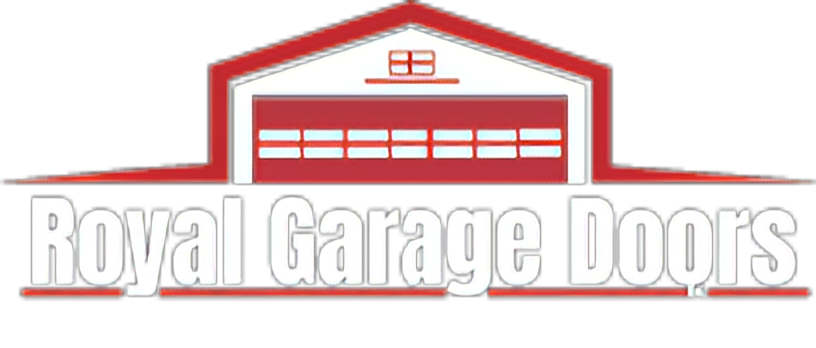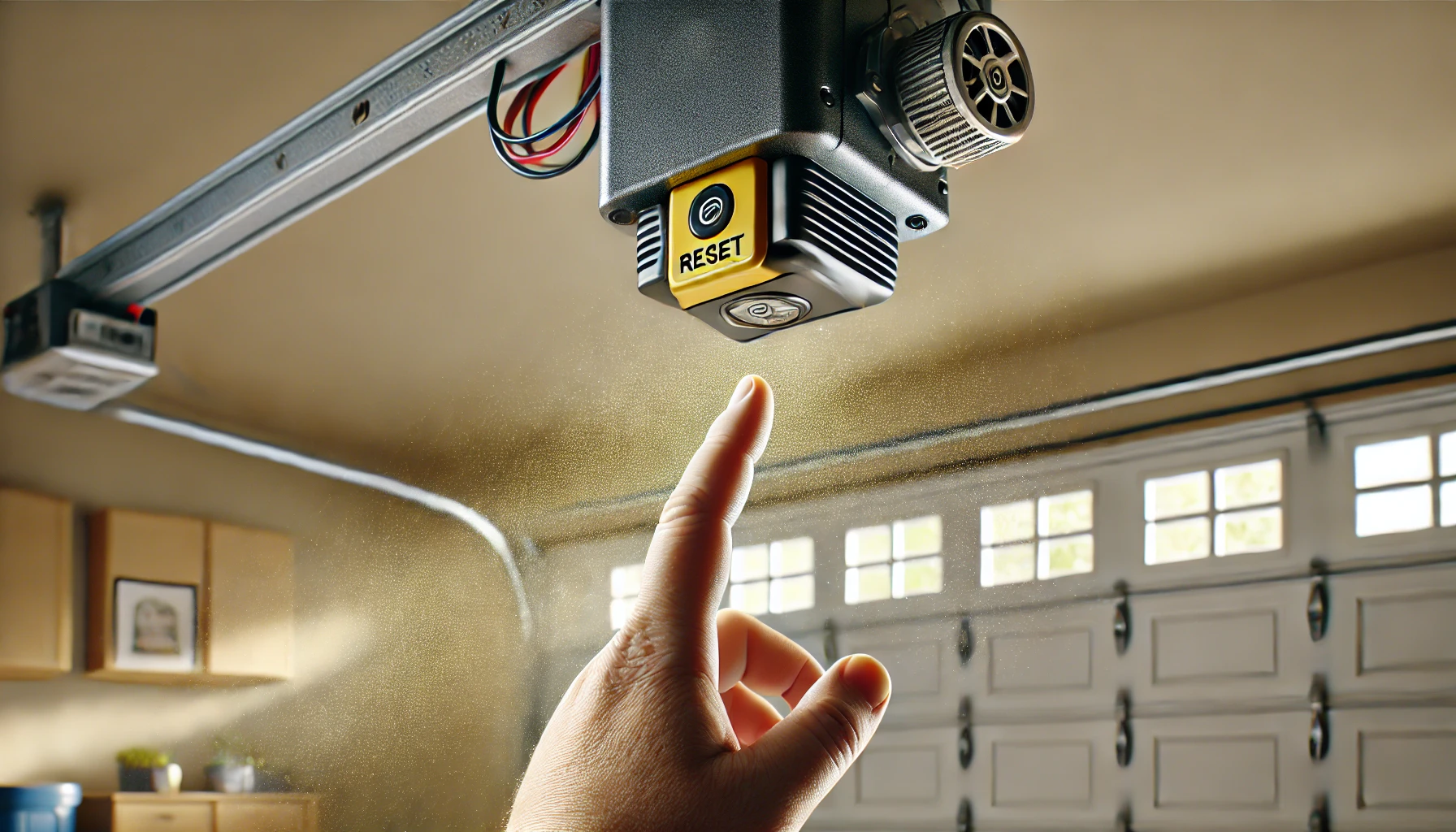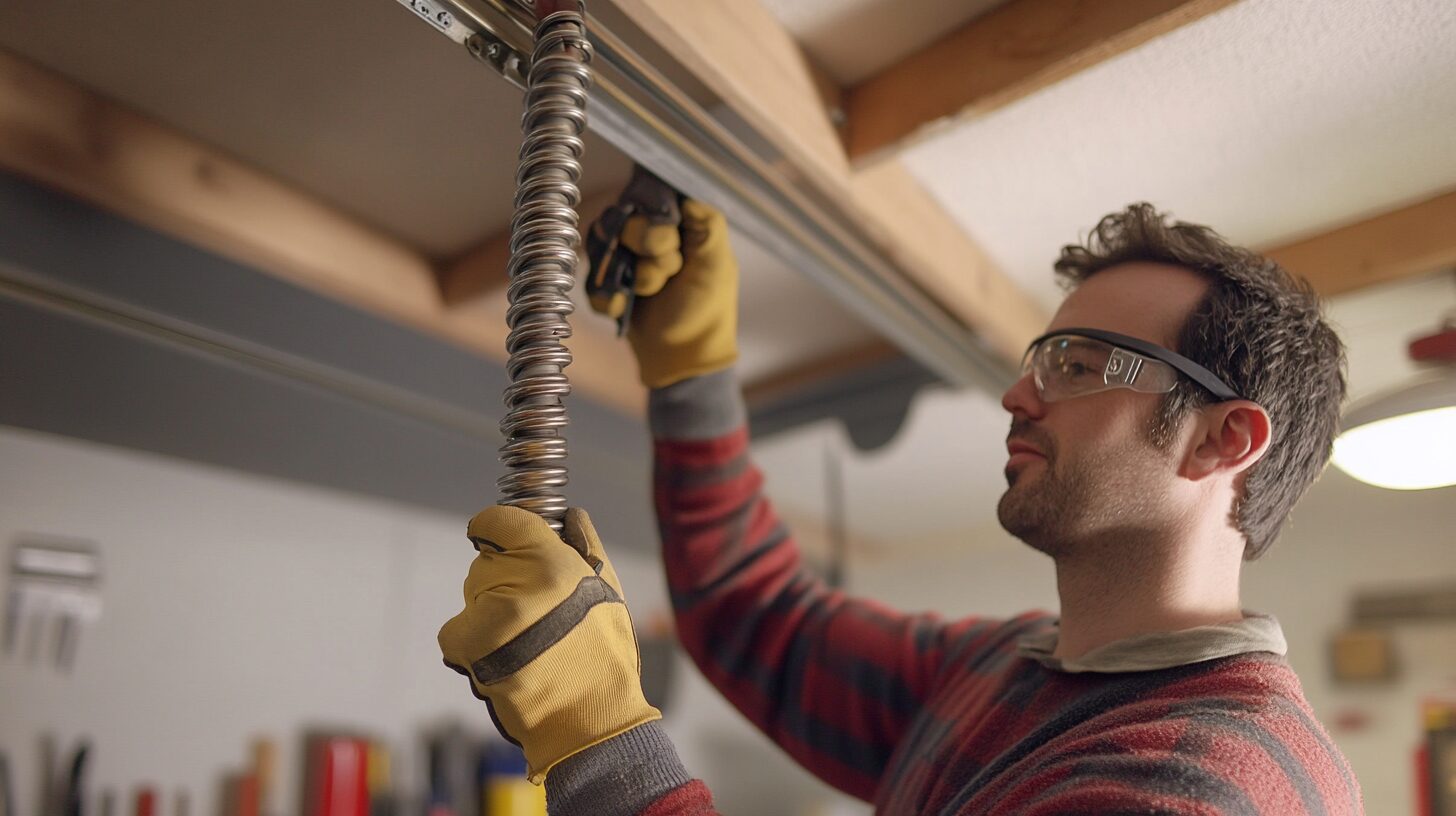When your garage door springs break, it can bring your daily routine to a halt. But how much does it really cost to repair or replace those old garage door springs? Let’s dive deep into understanding everything you need to know about garage door spring replacement, common issues, and solutions to help you save money while ensuring safety and durability.
Introduction
Imagine being in a rush and finding your garage door stuck due to a broken spring. Garage door springs bear the entire weight of the door, making it possible for the opener or manual effort to function efficiently. If they wear out or snap, you’ll likely need a replacement to avoid further damage to the garage door system. But what’s the price tag for such repairs? Knowing the full garage door spring replacement cost and understanding the repair process can prepare you for this inevitable expense and help you make an informed decision.
In this guide, you’ll discover the types of replacing garage door springs used, the cost of replacement, common repair issues, and actionable maintenance tips that can extend the life of your garage door springs.
Types of Garage Door Springs
Understanding the types of garage door springs helps you identify your specific garage door repair needs and related costs.
Torsion Springs
Torsion springs are mounted horizontally above the door opening. They work by twisting and releasing energy in a controlled manner to lift or lower the door.
- Cost range: $75–$200 per spring.
- Lifespan: 10,000–20,000 cycles (equivalent to several years for an average household).
- Performance: Suitable for heavier residential doors and garage door replacement projects involving modern upgrades.
Extension Springs
Extension springs are installed along the door tracks and extend as the door closes, storing energy in the stretched spring.
- Cost range: $50–$100 per spring.
- Lifespan: Approximately 10,000 cycles.
- Performance: Ideal for lighter, residential garage doors and older models that don’t support torsion systems.
Common Issues Leading to Spring Replacement
Over time, your garage door springs will encounter wear and tear due to constant use. Here are some of the most common reasons for spring failure:
Worn-Out Springs
After thousands of cycles, even the strongest springs lose their tension. When you notice that your garage door moves slower or produces strange noises, this could be due to weakened springs.
Broken Garage Door Spring
A sudden loud snap is often a sign that a spring has broken. This will likely prevent the door from opening altogether, and forcing it open can damage other parts like the opener, tracks install springs, and panels.
Multiple Springs Replaced Simultaneously
If one spring breaks, it’s recommended to replace both springs simultaneously to ensure balance and longevity when replacing springs.
Rust and Corrosion
Moisture buildup or lack of lubrication can lead to rust, weakening the spring and making it brittle over time. A corroded spring is more prone to snapping unexpectedly.
Temperature Extremes
Hot summers and freezing winters can affect the flexibility and durability of new garage door springs, especially in areas where temperatures fluctuate rapidly.
Factors Affecting Garage Door Spring Repair Costs
The total cost of garage door spring repair depends on several factors. Here’s a breakdown:
Labor Costs
Hiring a garage door technician typically costs between $100 and $300, depending on your location and the complexity of the whole repair job.
Door Weight and Type
Heavier or custom garage doors require stronger springs, which may increase costs. For example, a double garage door or a single door, with glass inserts will demand more durable, higher-grade springs.
Number of Springs
Many garage doors have two springs for balanced operation. Replacing both springs simultaneously, though more costly upfront, can prevent uneven tension that leads to premature failure.
Spring Material and Grade
Oil-tempered springs cost more but last longer, while zinc-coated springs offer corrosion resistance at a mid-tier price point. High-performance commercial-grade springs add to the cost but provide extended durability.
Garage Door Opener Compatibility
A full garage door replaced a failing or incompatible garage door opener can place extra strain on the springs, leading to higher repair costs if both need replacement.
Average Cost for Garage Door Spring Replacement
The garage door spring repair cost typically falls into these ranges:
- Single spring replacement cost: $150–$250.
- Double garage door spring replacement: $200–$400.
- Commercial-grade or high-tension spring replacement: Up to $500 or more.
Prices may vary based on brand warranties and regional labor fees.
Regional Differences in Pricing
Urban areas typically have higher labor costs due to demand, while rural areas may have lower rates but fewer available technicians.
Warranty and Quality Considerations
Springs that come with a manufacturer’s or technician’s warranty often add to the overall cost. However, these warranties—ranging from one year to five years—can save you money in the long run.
Replacing Garage Door Springs: DIY vs. Professional Repair
DIY Repair
- Pros: Lower upfront cost and the satisfaction of fixing it yourself.
- Cons: High risk of injury due to the tension in springs; requires specialized tools; may void warranties.
Professional Repair
- Pros: Faster, safer, and comes with a warranty; technicians can spot and fix related issues.
- Cons: Higher upfront cost.
Hiring a licensed garage door contractor ensures that your garage door system remains safe and reliable.
Warning Signs of Imminent Spring Failure
- Jerky Door Motion: The door shakes or vibrates when in motion.
- Slow Response: Significant delay after pressing the remote.
- Crooked Door: One side seems to lift higher than the other.
- Garage Door Suddenly Slams: A clear sign that the spring cannot support the door’s weight anymore.
Additional Components That Affect Repair Costs
- Garage Door Cables: Frayed or snapped cables may also need replacement.
- Roll-Up Doors vs. Sectional Doors: Roll-up garage doors may require different springs or cables than standard sectional models.
- Tilt-Up Garage Doors: These types of doors may need custom springs due to their unique movement.
Emergency Repair Considerations
In case of sudden coil spring failure, here’s what to consider:
- After-Hours Service: Emergency repairs may come with a surcharge.
- Temporary Solutions: You can disconnect the opener and operate the door manually until a professional arrives, but avoid forcing the door.
Real-Life Customer Story
John from Ohio shared: “I heard a loud pop and saw my garage door stuck. Instead of forcing it, I called a technician right away and avoided further damage. It cost me $250 instead of a full $900 replacement. Investing in a professional saved me both time and money.”
Tips to Prolong the Life of Garage Door Springs
- Regular Tune-Ups: Schedule a garage door service annually.
- Lubricate Springs: Apply lubricant every three to six months to reduce wear.
- Avoid Excessive Use: Limit how often you open and close the garage door unnecessarily.
- Check Door Balance: An imbalanced door places extra stress on the springs.
- Weatherproofing: Seal gaps to prevent moisture buildup that leads to rust.
Conclusion
Understanding the garage door torsion spring replacement repair cost helps you make smarter repair decisions. Whether you opt for torsion springs or extension springs, regular maintenance can save you money in the long run. If you notice strange noises, slow movement, or sudden sticking, don’t delay—addressing the issue early can prevent larger problems.
By staying proactive, you’ll keep your garage door operating smoothly, safely, and efficiently for years to come. If the repair feels beyond your expertise, don’t hesitate to contact a professional for peace of mind.
Your garage door is not just a convenience—it’s a vital part of your home’s security. Keeping it well-maintained means fewer costly surprises and a safer home.
Frequently Asked Questions (FAQs)
How much does it cost to replace a garage door spring?
The cost of replacing torsion springs or extension springs typically ranges from $150 to $400, depending on the number of springs and labor costs. If your garage door cables or other parts also need replacement, the overall cost may increase. Additionally, emergency repair services can raise costs due to after-hours fees. It’s important to request a detailed quote to understand what’s included.
Can I replace a garage door spring myself?
While you can attempt a garage door repair, replacing whole garage door replacement and springs is dangerous due to the high tension involved. The springs hold a significant amount of force, and mishandling can result in serious injury. Professional replacement ensures not only your safety but also proper spring alignment, reducing the chance of future issues. If you opt for DIY, make sure you have the correct tools and follow precise steps to avoid damaging the garage door opener or other components.
What is the life expectancy of a garage door spring?
Torsion springs generally last between 10,000 and 20,000 cycles, depending on their quality and how often you use the garage door. Extension springs have a lifespan of about 10,000 cycles. If you open and close your door multiple times a day, the lifespan of all the springs together may shorten to 5–7 years. To extend their lifespan, consider regular lubrication and annual tune-ups.
Will a garage door still work with a broken spring?
A broken garage door spring will prevent the door from opening properly. Attempting to force it open can damage the garage door cables, tracks, and motor. If one spring breaks, the door may become uneven, leading to further mechanical issues. It’s safer to leave the door closed and schedule a repair as soon as possible.
Why might I need to replace an entire garage door spring system?
If multiple springs or garage door cables are worn out, replacing the entire garage door spring system ensures better balance and smoother operation. Upgrading the springs to a higher-grade material, such as oil-tempered springs, can improve longevity and reduce long-term maintenance costs.
What are the signs of a faulty garage door?
Signs of a faulty garage door include:
- Slow or jerky motion.
- Grinding or squeaking sounds.
- The door slams shut or hesitates when opening.
- The door hangs unevenly, indicating an imbalance in the double door springs or two torsion springs.
What types of garage doors need double door springs?
Heavier garage door types, such as custom wood or insulated steel doors, require double door springs to support the additional weight. Single garage doors may only need one spring unless they are exceptionally wide or reinforced.
When should I replace the whole garage door instead of just the springs?
Consider replacing the whole garage door if the panels are damaged, the frame is warped, or if you’re upgrading to a modern style. Replacing the door can also be beneficial if you’re installing energy-efficient models that reduce heating and cooling costs.
Can a garage door sensor affect spring performance?
A malfunctioning garage door sensor may cause the door to stop midway or reverse unexpectedly, which can put strain on the springs. If you notice the sensor lights blinking or inconsistent movement, addressing the sensor issue can prevent premature wear on the door springs.
How do I know if I need new garage door springs or just a tune-up?
If the garage door feels heavy, opens unevenly, or you hear a grinding noise, you likely need new garage door springs. However, if the door simply squeaks or moves slower than usual, a garage door service tune-up involving lubrication and spring adjustment may suffice. Regular maintenance can help prevent costly replacements.




